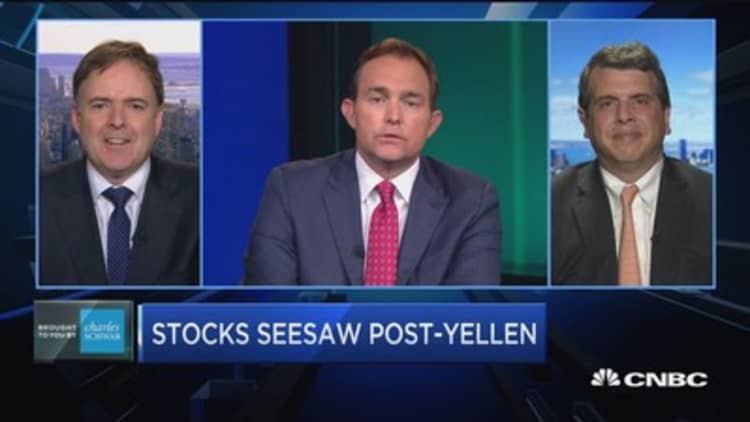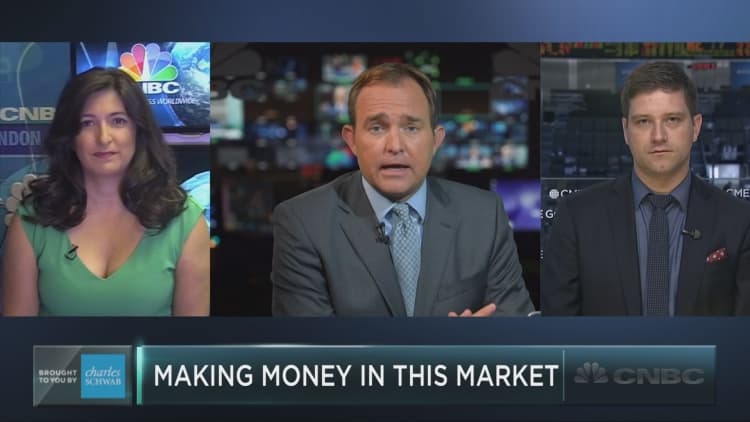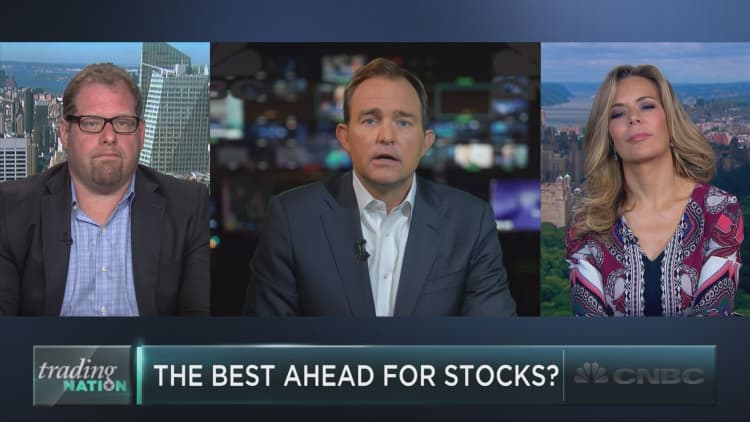


Perhaps investors have caught a case of cabin fever.
Just as those stuck indoors for long periods of time are susceptible to restlessness and irritability, so are market participants who have endured the least volatile period in more than two decades showing signs of anxiety and fuzzy thinking.
For evidence, look no further than the much-repeated theory that the market is quiet — too quiet. The thought here is that low volatility must be a sign of complacency, and that this is a terrible time to own stocks. Some will go so far as to marshal historical stats showing that periods of extended market quiescence frequently precede large negative moves.
But before catching cabin fever yourself, consider what these helpful market prognosticators are actually saying. For starters, the size of moves is generally correlated with their direction, with bigger moves tending to take the market lower (hence the chestnut that stocks "take the stairs up and the elevator down"). At their root, then, all the historical stats really show is that periods of low volatility ends once volatility rises — a tautology.
As for the belief that this is a terrible time to own stocks? No one knows what the future will bring, but the past several weeks have proved an epic time to be fully invested.
There is little better than an upward trend with only tiny deviations. In such an environment, investors are making money, avoiding stress, and are unlikely to fall prey to silly mistakes like selling or buying stocks based on the strength of a one-day move.
Yet low volatility doesn't flatter everyone. It is useful to remember that a general lack of large moves is bad for the vast majority of those who make their living from the fluctuations of the market. That means ordinary investors might turn a gimlet eye toward those who are saying that low volatility is a bad thing, at the same time they attempt to outsmart retail investors by making quick trades, or sell schemes that promise to keep one's money safe.
Measures of expected future volatility are increasing, and September does tend to be a more volatile month than beachy, low-volume August. And indeed, it would be surprising to see realized volatility fall even lower, after U.S. stocks have just recorded their least-volatile 30-day period in more than two decades, according to a note released by BlackRock on Monday.
But if volatility fails to pick up in the weeks ahead, one shouldn't repeat the mistake of the roulette player who, seeing the ball land on red time after time, bets everything she has on black.
Instead of falling prey to quiet-market cabin fever, how about simply enjoying the fair weather?






